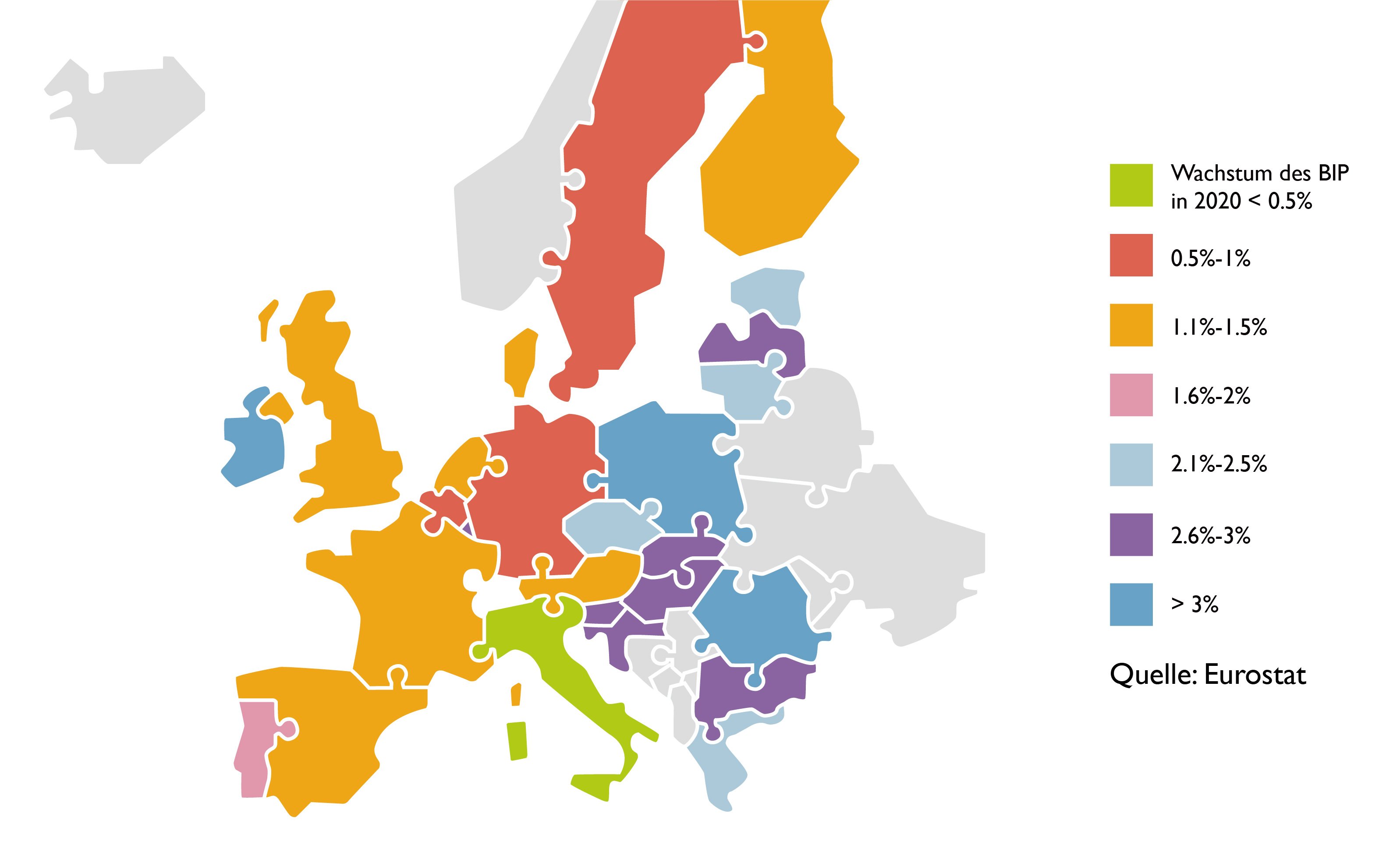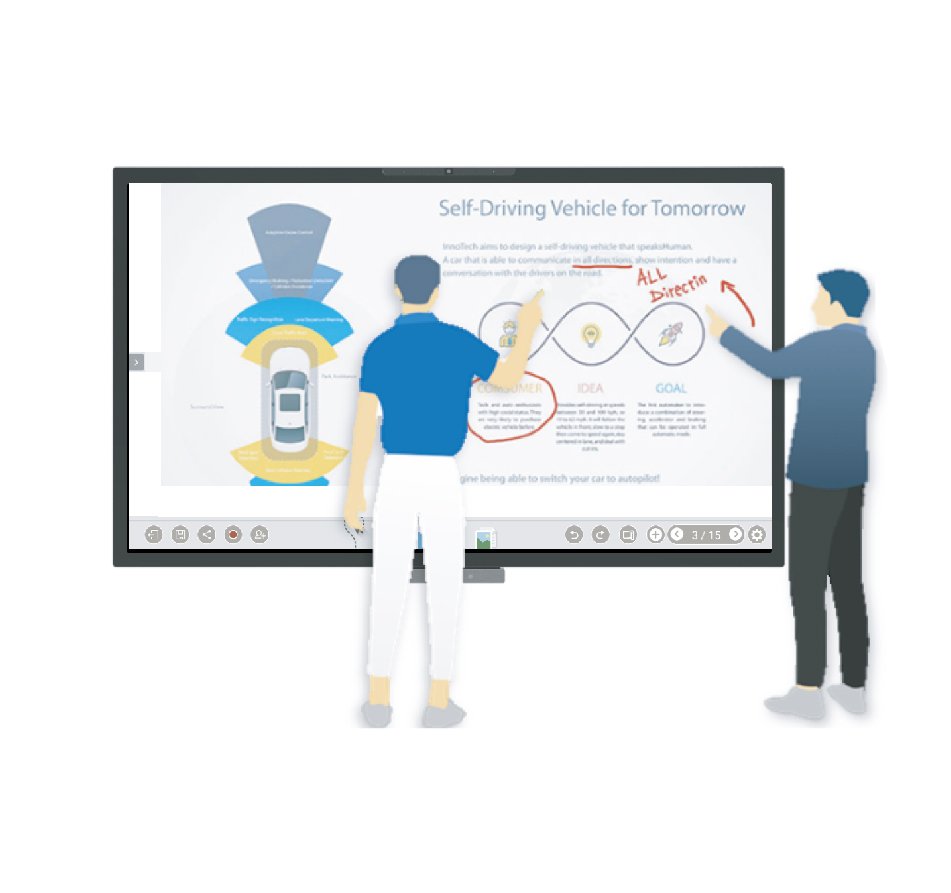

As of this writing, it seems that the economic situation in 2020 won’t get better any time soon. In Europe, the overall economy continues to contract owing to three variables. Brexit, international trade disputes, and the upcoming suspension of quantitative easing form the main causes. The European Commission revised economic projections downwards at the end of 2019, anticipating a growth of just 1.1% in the Eurozone for last year. The growth rate in 2020 is set to rise by only 1.2%. UBS Group AG predicts with some anxiety that global economic growth will slow down to the lowest level since the financial crisis in 2008. Impacted by multiple uncertainties, a so-called severe economic winter is approaching and the management of most corporations and enterprises will face considerable challenges.
《Harvard Business Review》 An attitudinal research conducted recently on how employees work during economic recession points out that most employees experience five to ten recessionary periods in the course of their professional lives. Employees tend to react irrationally to news of a bad economy and regard the economy as zero-sum game, which it actually isn’t. What’s worse, such news may make them less likely to help others, and in turn render their organizations less likely to survive any given recession.
The research is based on two behavioral surveys. One uses attitudinal data from almost 60,000 respondents surveyed across 51 countries over 17 years, while the other employs an additional study of freelance professionals from 47 countries. The two studies find that employees’ perception that their economy is performing poorly is related to a less helpful behavior. Study results indicate potentially very serious and harmful trends that affect the development of organizations.



What is termed as “low willingness to behave cooperatively” in organizations resulted from exposure to cues of economic downturns and proved detrimental to the ability of organizations to weather a crisis by making matters worse. The situation is similar to a bank run. After exposing people to messages that describe unstable economic systems, an increasing number of bank customers attempt to withdraw their funds as banks normally keep only a small proportion of deposits in cash and fear of scarcity sets in. Bank customers, in hopes of grasping limited resources, incline to view others as an opposing force. Dr. Nina Sirola of Institut Européen d'Administration des Affaires (INSEAD) indicates that for bank runs, banks ought to pay more attention to customer reactions after the cues of unstable economic systems ensue. Also, banks should form policies to prevent unreasonable reactions to perceived events that bring about negative effects. “Likewise, after exposure to news of an economic downturn, corporations should actively manage the psychology and behaviors of their workforce to motivate helping and cooperation in the workplace following cues of economic downturns, so as to make organizations more resilient in an economic decline.”



How should corporations motivate employees and comprehensively trigger spontaneous collaboration among team members? Organizations can probably learn from the leadership philosophy of Andy Grove, the founder of Intel. The fulcrum he chose is “meeting”, affecting the overall workplace culture in entire corporations.
The Compound Average Growth Rate (CAGR) during Grove’s time leading Intel for eleven years reached 42%, while its market capitalization grew from US$2.3 billion to US$197.6 billion. One of the secret paths to nearly tenfold growth was to put a high value on meeting culture since meetings serve as the frontline of overall workplace culture creation. All employees were required to take part in discussions and coordination of diverse meeting patterns. Grove remarked that “there’s no way for you to avoid meetings, but you can make meetings more effective.”
Grove was always hands on in his dedication to promoting meeting reforms, and even lectured new recruits on “effective meeting” in person so as to make sure each employee was aware of “effective meeting” as a crucial foundation of work. Moreover, he also encouraged interactions in which participants from different levels and positions were urged to assert themselves without any restraint. Even sharp, critical, and challenging questions would get formal attention. Encouraging to “honestly speak” and “catholically listen” on a manager-employee, employee-employee, and manager-manager basis, the “constructive confrontation” way of meetings and discussions prevents organizations from being rigid due to dictatorial, top down rule. Meetings become the focus of a productive system with idea sharing and mutual cooperation, imperceptibly bringing employees great vitality.
The Toyota Production System adored by modern management revolves around the critical concept proposed by Taiichi Ohno as “workflow”. While production workflow is supposed to be easy and smooth, the primary mission of management teams is to spot and remove any obstacles in the workflow. Anything that blocks the way will lead to waste. In his classic book The Toyota Production System, Ohno defined the concept of “waste” and its effect on business value and remarked that “I didn’t mean to exaggerate: during periods of low growth, such waste is viewed not just as a business loss but also a social delinquency. Waste elimination is the principal goal of companies.”



So what are the “obstacles” to the management of most corporations? What are the “wastes” that result in stagnant productivity in this cold year of 2020? After all, they are derived from the insecurity of employees within their workplace. Defensive reactions and expectation of exclusion (such as bank runs, according to Harvard Business Review) give rise to a workplace atmosphere with low willingness for collaboration. This impacts the response speed and efficiency of organizations during bad economic times in the short term (in Taiichi Ohno’s opinion, it’s a major social delinquency), whereas in the long term it influences managerial culture and has consequences for a company’s survival prospects (according to Grove companies that fail in this regard are inefficient and face likely failure).
The focus of company management should be on employee confidence during an economic recession. In light of managerial practices, management should concentrate on meeting culture and effectiveness throughout the organization via leading by example. From brainstorming meetings to progress report meetings, from team discussions to company annual meetings, diverse meeting patterns increase effectiveness. Different approaches that highlight productive meetings promote the same interests, and in turn lead organizations to stand firm for now and rebound in the future once winter has passed.

